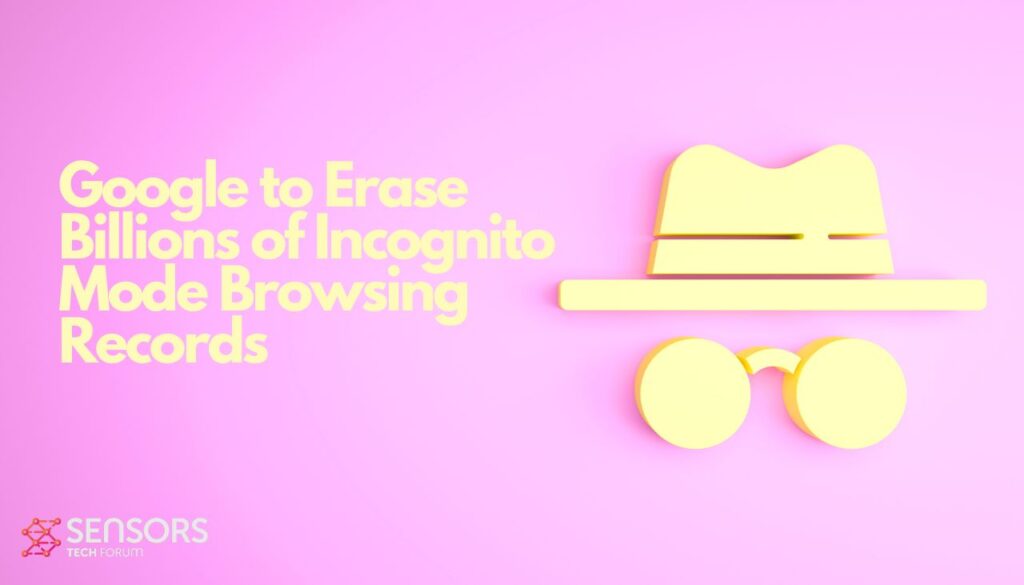In response to a class action lawsuit filed in 2020, Google has opted to settle by agreeing to delete billions of data records concerning users’ browsing activities. The lawsuit alleged that Google tracked users without their consent while using the “incognito” or “private” mode on web browsers like Chrome.

The settlement, which emerged in late December 2023, awaits approval from U.S. District Judge Yvonne Gonzalez Rogers. Court filings on April 1, 2024, indicated that the agreement provides comprehensive relief, despite challenges posed by Google’s limited record keeping.
Google to Remove Identifiable Information from Private Browsing
As part of the data remediation process, Google will eliminate identifiable information from private browsing data by redacting IP addresses, generalizing User-Agent strings, and truncating detailed URLs to domain-level portions.
Furthermore, Google will remove the X-Client-Data header field, which potentially uniquely identifies Chrome users. This step aims to enhance user privacy and prevent tracking.
In addition to these measures, Google has committed to blocking third-party cookies within Chrome’s Incognito Mode for five years, a step already implemented for all users. The company also plans to eliminate tracking cookies by default by the end of the year.
In January 2024, Google updated the language surrounding Incognito Mode to clarify that it does not affect data collection by websites, including Google’s services.
Chrome’s Incognito Mode – a Confusing Mess
The lawsuit revealed internal discussions among Google employees, portraying Incognito Mode as a “confusing mess” and “effectively a lie.” Executives debated whether to label it as “private” due to concerns about misconceptions.
Meanwhile, Google has initiated measures to combat spam and phishing attacks in Gmail. It now automatically blocks bulk senders who fail to adhere to Email sender guidelines, requiring them to offer a one-click unsubscribe option and respond to unsubscription requests promptly. These changes aim to enhance user security and privacy in online communication.


